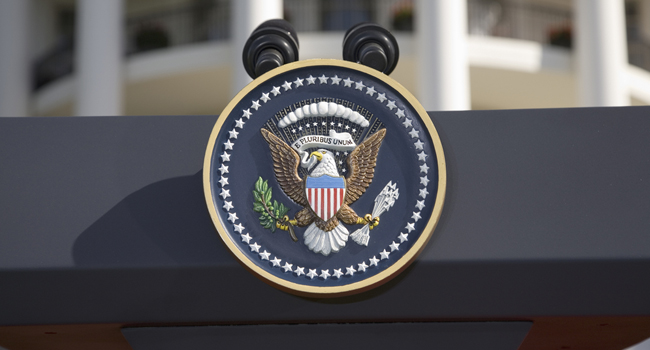
White House Computers are Vulnerable to Hackers
An official has stated that unclassified computers at the White House are vulnerable
- By Matt Holden
- Apr 08, 2015
The White House has acknowledged that the unclassified computer systems at the mansion were vulnerable to hackers.
Ben Rhodes, a deputy national security adviser, made the remarks in response to media reports that Russian hackers got access to some sensitive White House information, including President Barack Obama’s private schedule.
According to a report, Rhodes would not confirm that sensitive information had been accessed, nor would he comment on where the threat originated. “There’s always vulnerability,” he said, which is why the White House operates a separate, secure system for classified data.
"We have classified systems that are secure and we take regular precautions to secure our own classified networks as well. I think we were very up front in acknowledging a cyber-intrusion last year, so that is not new. We don't talk about where cyber intrusions originate from because we are constantly taking actions to prevent them," Rhodes told reporters.
Earlier this year, the White House announced the creation of a federal agency to analyze threats to the nation's cybersecurity and determine strategy to combat them.
The Cyber Threat Intelligence Integration Center will coordinate cyber threat intelligence from the Federal Bureau of Investigation, the National Security Agency, the Department of Homeland Security and other federal agencies. The center will operate under the guidance of the director of national intelligence.
About the Author
Matt Holden is an Associate Content Editor for 1105 Media, Inc. He received his MFA and BA in journalism from Ball State University in Muncie, Indiana. He currently writes and edits for Occupational Health & Safety magazine, and Security Today.